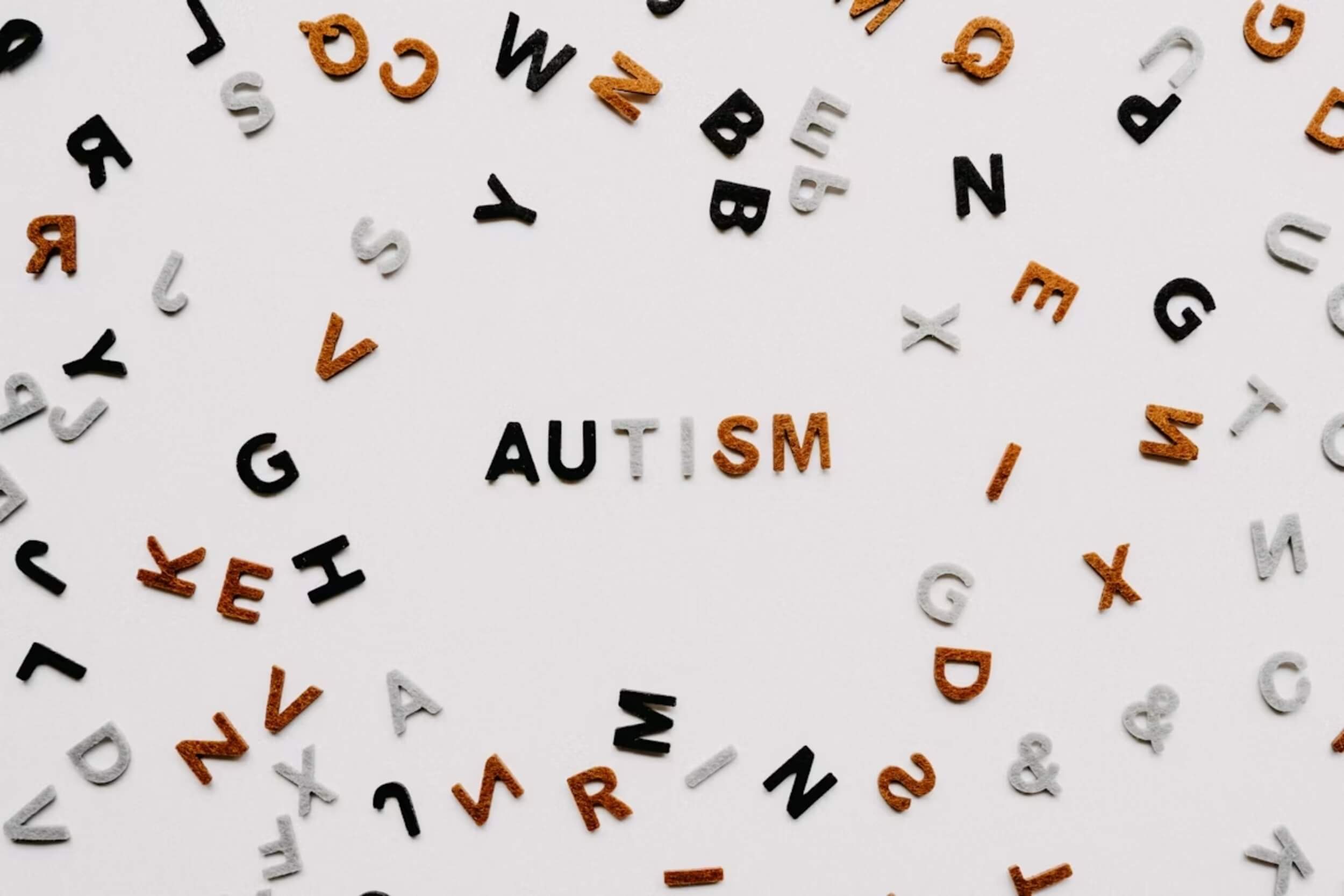Caring for a child on the spectrum can feel like you are getting pulled in ten directions at once. One day a friend shares a tip from social media, the next day a doctor mentions a new study, and you are left wondering what to trust. That is where clear research on autism support becomes so important.
Instead of talking about “curing” autism, researchers now focus on what truly helps children and families: better communication, easier learning, smoother daily routines, and a happier life at home and school. Support is no longer seen as something that happens only in a clinic. Scientists look at what works across all settings – family life, classrooms, healthcare visits, and community programs. The sections ahead highlight the research-backed approaches you are most likely to hear about during check-ups, assessments, and school meetings, so you can ask confident, focused questions.
An Updated Picture of Autism: What Recent Studies Show
Every few years, research on autism support gives us a clearer, kinder view of what autism really means. Experts now describe it as a neurodevelopmental difference — not a flaw — that affects how people connect, communicate, and process the world around them. No two children are alike, and that’s exactly what makes understanding each one so important.
Recent data show that about 1 in 36 children in the U.S. are identified as autistic, but researchers believe many girls and children from ethnic minority groups remain underdiagnosed. Instead of ranking “levels,” studies now describe profiles — patterns of language, learning, sensory needs, and coexisting conditions like ADHD or anxiety that guide more personal support plans.
Another positive shift: researchers now include autistic voices and families in their studies, changing what “progress” means. It’s no longer just fewer symptoms — it’s more happiness, comfort, and participation.
With this broader lens, the next question becomes clear: why does timing — and the type of help you choose — matter so much?
Why Early Detection and Support Matter So Much
Children grow fast, and so do their brains. Studies show that when support starts early, children have a better chance at developing communication, independence, and social skills that last. The reason is simple: young brains are flexible, eager to learn, and more open to new ways of connecting.
Modern research on autism support has introduced new tools to help spot early signs — from structured play observations to advanced systems that use video and machine learning to identify patterns doctors might miss. Early action doesn’t just benefit the child; it often lowers family stress and helps parents feel more confident.
Still, “early” doesn’t mean “too late” for older kids or teens. Many studies prove that matched, consistent support can spark progress at any stage. Once a child is identified, parents often face a list of therapy options — and that’s where science helps sort out what truly works.
What Counts as Evidence-Based Support Today
Parents today face more choices than ever. Research on autism support shows that the best results come not from one perfect method, but from consistency and fit — approaches that match a child’s strengths and needs. Many newer therapies blend play, behaviour guidance, and developmental learning, focusing on communication and connection over strict routines.
A. Naturalistic Developmental Behavioural Interventions (NDBIs)
These are play-based, child-led programs like the Early Start Denver Model, where learning happens through fun, everyday activities. Studies find that when used regularly, NDBIs help boost speech, social skills, and flexible play.
B. Structured Teaching and Visual Supports
Visual schedules, step-by-step routines, and clear task outlines help many autistic children stay calm and organized. Research links these tools to greater independence both at school and home.
C. Communication Supports and AAC
Some children benefit from augmentative and alternative communication (AAC) tools such as picture cards, tablets, or voice devices. Studies show these systems increase communication and reduce frustration for both speaking and non-speaking children.
D. Targeted Support for Co-Occurring Conditions
Autistic children often face added challenges like ADHD, anxiety, or sleep issues. Evidence-based supports may include adapted cognitive-behavioural techniques, sleep-training plans, and carefully monitored medications — always guided by professionals.
What stands out across all studies is that every successful approach depends on people who understand the child, work patiently, and build on small wins each day.
Parent-Mediated and Family-Focused Interventions
Research on autism support increasingly points to one clear truth — parents play a huge role in progress. When families learn strategies themselves, children often grow faster, and daily life runs more smoothly.
Parent-mediated programs now teach moms, dads, and caregivers how to:
- Recognize their child’s cues and respond in real time
- Use play and daily routines as natural learning moments
- Build communication through simple, repeated interactions
Studies show that these coaching models raise confidence, ease frustration, and improve children’s language and coping skills.
New research also celebrates cultural fit. Programs adapted to a family’s language and values lead to better follow-through and comfort at home. In some studies, families from diverse backgrounds showed stronger results when examples matched their daily life.
Even siblings and grandparents are getting involved. Family-wide sessions where everyone learns shared strategies often lead to calmer homes and fewer misunderstandings. The message from studies is simple — when everyone around the child knows how to help, progress multiplies.
Digital and Telehealth Supports Changing Access
Technology is closing the gap for families who live far from specialists. During the past few years, research on autism support has highlighted how telehealth brings expert help straight into living rooms. Parents now attend video-based coaching sessions, follow easy-to-use apps, and track goals without traveling miles.
A. Telehealth Parent Training and Coaching
Online coaching programs show that parents can learn behaviour and teaching skills just as effectively through video sessions. Families in remote areas report major time savings and steady improvement.
B. App-Assisted Programs for Behaviour and Daily Routines
Mobile apps now guide parents step-by-step through behaviour tracking and activity planning. Studies report that these tools reduce problem behaviours and make parenting routines more consistent.
C. Telehealth for Health Behaviours Like Sleep and Activity
Recent studies show that virtual support programs can even improve children’s sleep and movement habits, which boost attention, learning, and mood.
Families using telehealth often say it’s less stressful, more flexible, and gives them a sense of control — proof that smart technology can bring real-world comfort.
Support at School and in the Community: What Studies Recommend
Classrooms play a big part in every child’s success. Research on autism support shows that strong school programs share a few habits that help children thrive:
- Clear schedules and visual reminders that reduce confusion
- Individual plans focused on social communication and everyday learning
- Teachers who encourage peer interaction instead of constant one-on-one help
Studies also highlight inclusive schools where teachers get regular training, classmates learn about kindness and respect, and quiet zones are available when things feel overwhelming. Outside of school, community programs — from social groups to adapted sports — help children build confidence and friendships while parents find connection too.
Even as research celebrates these gains, one truth remains: a child’s growth is linked to a parent’s well-being. When families feel supported, children do better.
Caring for Parents’ Mental Health and Daily Life
Parenting a child with autism can be rewarding — but it can also be exhausting. Studies show that many parents experience higher stress and fatigue than others, especially when support is hard to find.
Programs that teach coping skills, offer peer support, or include short breaks for caregivers have been shown to ease anxiety and improve family balance. In some countries, extra help such as respite care, flexible work options, or financial aid gives parents space to recharge.
Experts say one thing clearly: taking care of yourself is part of taking care of your child. A rested, calmer parent makes daily routines more stable and nurturing.
Sorting Solid Science from Myths and Misinformation
The internet is full of opinions, but solid research on autism support makes a few things clear:
- Vaccines do not cause autism.
- No diet, supplement, or “detox” method has ever been proven to cure it.
- Discredited methods, like facilitated communication, still circulate but lack scientific proof.
Parents can stay safe by checking for:
- Peer-reviewed studies
- Professional guidelines
- Honest discussion of both risks and results
- Clear warnings against miracle claims or pressure to skip real therapies
Moving Forward: How to Use Research Without Losing Sight of Your Child
Good research is a guide, not a rulebook. Studies offer patterns that help many children, but each child is still wonderfully different. Parents can use this information wisely by:
- Asking providers which studies support their suggestions
- Taking notes on what helps at home
- Adjusting plans as the child grows
When families stay informed and flexible, small steps add up to big changes. With strong, research-based support and steady love, children with autism continue to learn, connect, and thrive — and families grow stronger alongside them.















